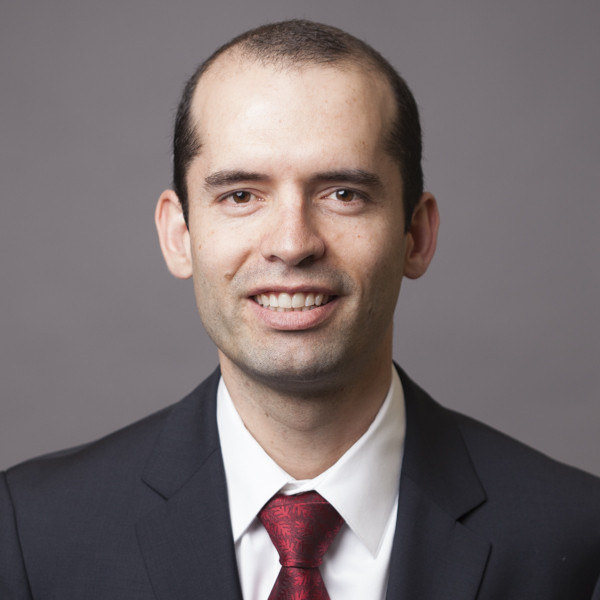Experience Emerging Markets at Johnson: NBA 5760 The International Consulting Practicum With an interview of Samir Somaiya, BS ’90, MS ’92, MBA ’93, Chairman and Managing Director of Godavari Bio-refineries Limited
An Indian alumnus shares his thoughts for succeeding in business – be dynamic, keep innovating and be happy.


An Indian alumnus shares his thoughts for succeeding in business – be dynamic, keep innovating and be happy.
If you are interested in emerging markets, the International consulting practicum class, is the class for you. This year over nine teams worked in consulting projects all over the world. I worked on Latin America market entry strategies for an Indian international firm. Teams were global; mine was composed of two Johnson students and two students from International Institute of Management-Bangalore. The course ended in a week-long cultural immersion “trek” to Bangalore, India. We met business leaders from multiple industries including, tech, consumer goods, manufacturing, and non-for-profits. It couldn’t have ended better.
After returning to school in the spring, I kept reflecting on my experience and decided to test my understanding of India and its international firms. I interviewed Samir Somaiya, B.S.’90, M.S. ’92, MBA ‘93, Chairman and Managing Director of Godavari Bio-refineries, and President of Somaiya group. His insight was clear on the challenges and requirements to succeed in a dynamic environment.
Daniel: When did you decide to work in the bio-chemicals business?
Samir: This was always the plan, to go into the family business.
Daniel: What roles within the business helped you prepare to lead the company?
Samir: Under my father’s guidance, I started in marketing, followed by R&D and strategy answering the questions: what, why, how, what cost.
Daniel: How has the business evolved since you started over 20 years ago?
Samir: We were able to develop and continue to develop new derivative products from bio-mass. Today, most of the original team still works with me.
Daniel: What key industry changes allowed Godavari to be where it is now?
Samir: When I joined, business in India focused in licensing technology from overseas. You would buy the technology and the government will give you a license to make X amount of the product. We were bridging the gap of laboratory and plant operations. Mostly quality control but no creation.
Then, India changed, and we now can make anything and any quantity.
Daniel: Are operations in India an advantage or disadvantage?
Samir: Advantage: there is significant bio-mass, good technical skilled people and a good domestic market.
Daniel: How are the lines of business decided?
Samir: We know our competency – R&D in derivatives of agri-products, we know our clients pain points and needs. (Additionally,) clients talk to you, we explore existing markets, and what you read and comes out in innovation.
Daniel: How do you determine which markets to go to?
Samir: Talking with existing clients, get reference from customers, exhibitions; reaching out.
Daniel: What are the challenges of doing business from India?
Samir: The government is a challenge. More facilitating would be good. Make it an easier place to do business. Its moving this way but more can be done.
Daniel: Any advice for Johnson students?
Samir: Be happy
His thoughts aligned well with my class take-away about business in emerging markets. You have to be dynamic, keep innovating without forgetting the little things in life, such as “being happy”.
